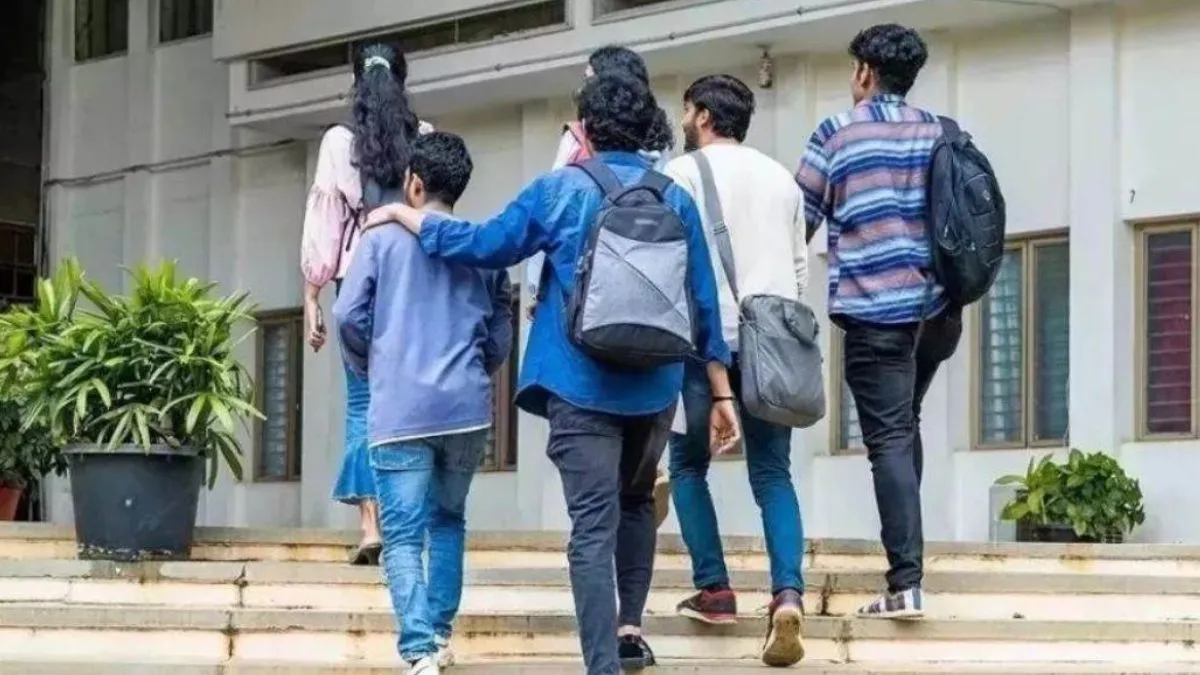- By Shivangi Sharma
- Thu, 27 Mar 2025 09:24 AM (IST)
- Source:JND
The Trump administration’s recent request for the names and nationalities of student protesters has raised fears of a potential crackdown on international students, including those from India. Legal experts warn that this move could lead to increased monitoring, arrests, or even deportations. According to a report by The Wall Street Journal, the demand for student data could serve as a “tip sheet” to target and deport foreign students, significantly affecting those on visas.
Attorneys and civil rights advocates have strongly criticised the request, labeling it as discriminatory and unnecessary for investigations into student conduct. One attorney described the move as a “witch hunt,” arguing that such a request goes beyond standard procedures for campus investigations. While the administration has justified the policy under the Civil Rights Act, legal experts assert that collecting names and nationalities without proven misconduct could violate civil rights laws and lead to unfair targeting of specific ethnic groups.
Universities Under Investigation
The request for student information has been directed at five major US universities:
Columbia University
Northwestern University
Portland State University
The University of California, Berkeley
The University of Minnesota, Twin Cities
According to a statement from the Department of Education, these universities were asked to provide a list of students who were investigated, suspended, expelled, or referred to law enforcement for alleged harassment or violence against students and faculty “on the basis of their Jewish ancestry.” However, the demand also extends to providing details on students’ national origin, ethnicity, and shared ancestry, which has sparked controversy over potential racial profiling.
Uncertain Compliance By Universities
Reports indicate that it remains unclear whether the five universities have complied with the request or provided student names and ethnicity details. Institutions may face legal and ethical dilemmas in responding to such demands, as complying could expose students to immigration risks, while refusing could lead to federal funding threats or further government scrutiny.
Impact On Indian Students
Indian students, who form one of the largest international student communities in the US, could be significantly affected by this policy. With many attending these universities on student visas, any link to the investigation—even if unfounded—could put their legal status at risk. Immigration attorneys warn that such actions could create an atmosphere of fear, discouraging international students from exercising their right to protest or engage in political discourse.

